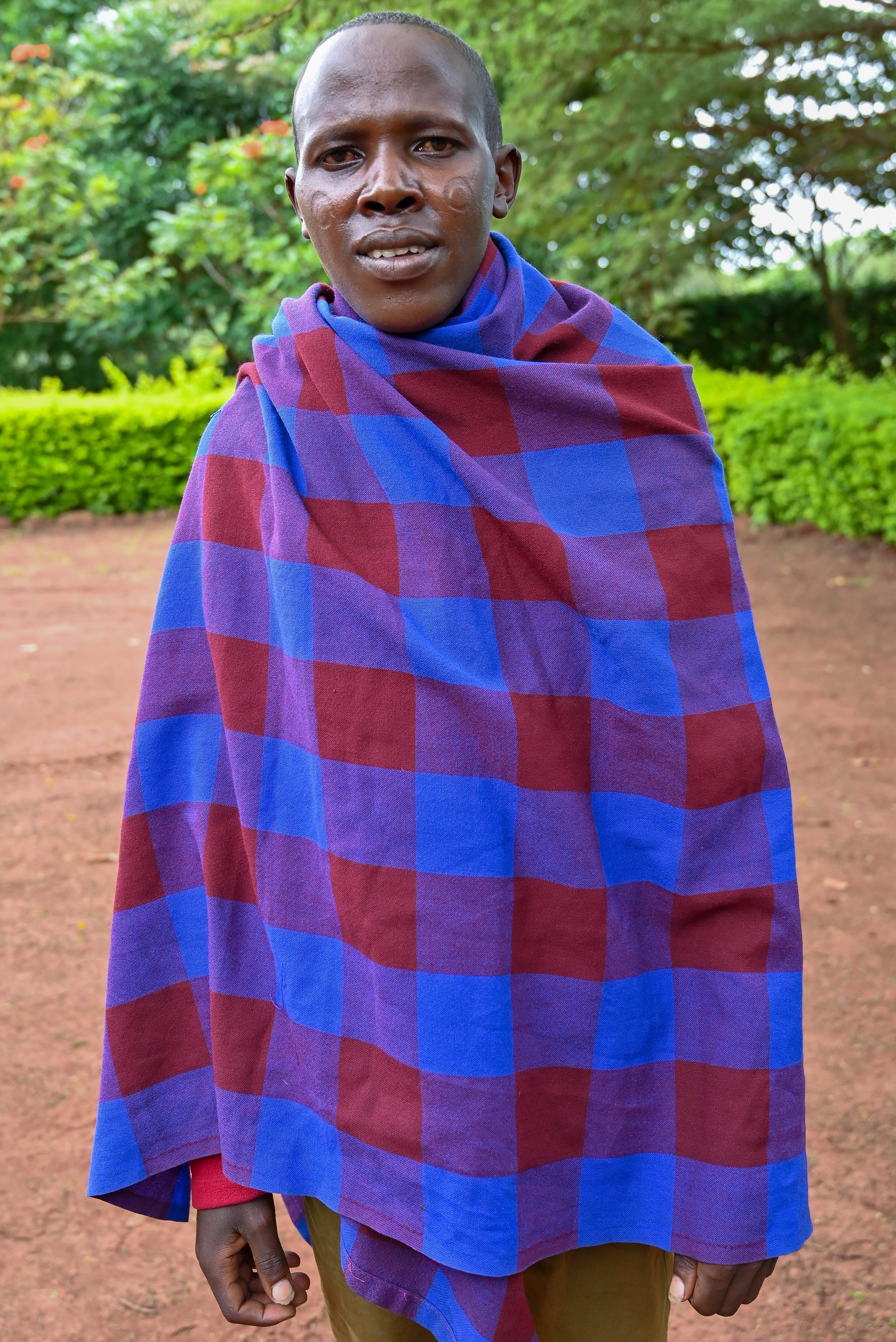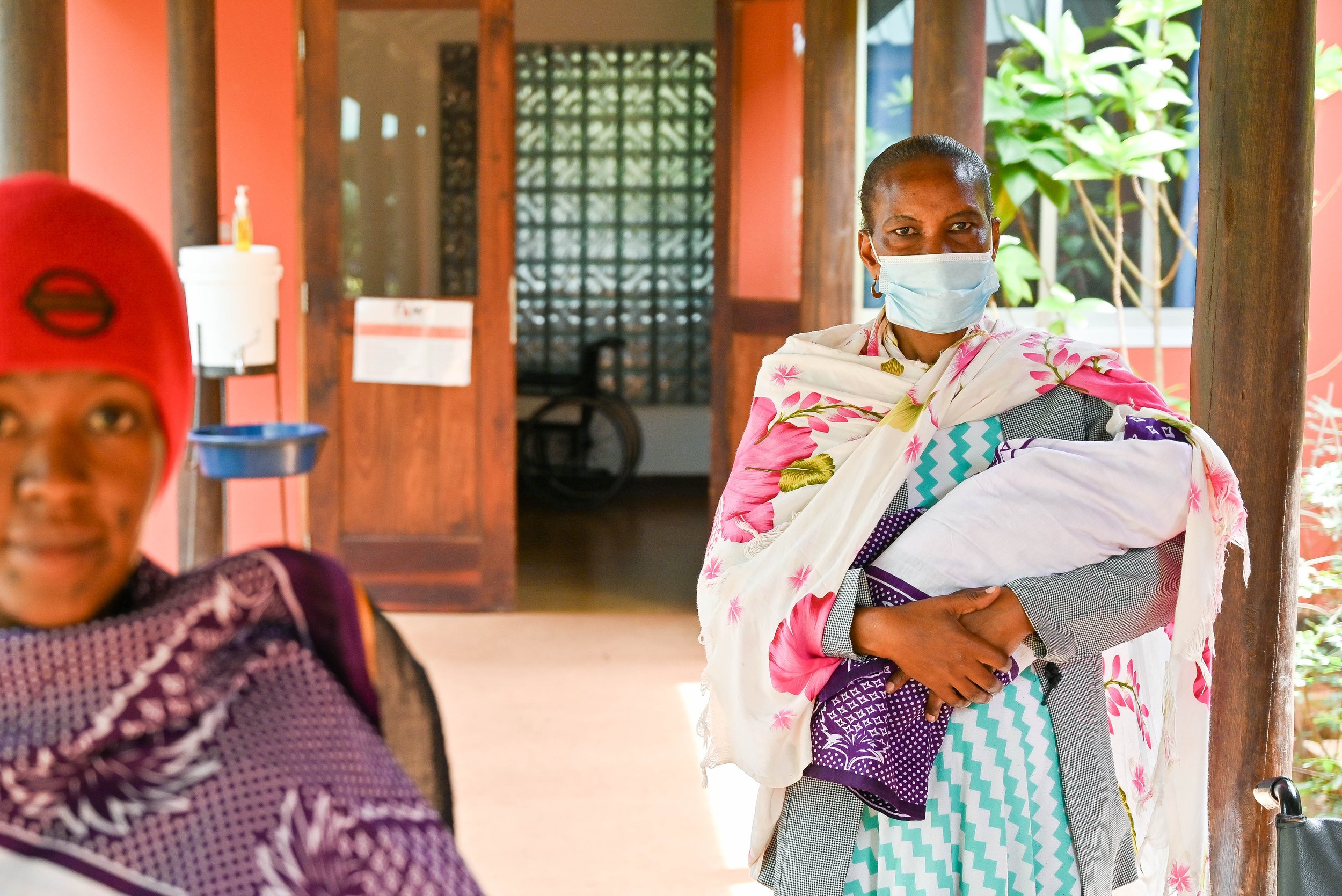World Breastfeeding Week, celebrated annually from August 1st to August 7th, and National Wellness Month in August, provide a unique opportunity to celebrate the profound connection between breastfeeding and the overall wellness of mothers and infants.
Access to adequate healthcare services, including breastfeeding support, can be limited in rural areas. This is why FAME continues to play a crucial role in empowering mothers by providing comprehensive breastfeeding assistance as part of its Maternal Health Program. Breastfeeding extends beyond sustenance for the child; it plays a profound role in wellness for both the mother and the baby. However, many women experience intense challenges, frustration and sometimes pain around breastfeeding.
This week we interviewed two new mothers to discuss their views and experiences on breastfeeding. They shared their stories of joy, their challenges and the support they received from FAME’s Reproductive Child and Health Clinic (RCH) when they started breastfeeding.
My Breastfeeding Story-Asha*
25-year-old Asha was surprised at how different her breastfeeding journeys were with each of her children.
“I breastfed my first child for 11 months, so I was familiar with breastfeeding when I gave birth to my second child four days ago. Breastfeeding my first child was challenging and frustrating as my daughter was born premature and thus had an underdeveloped sucking reflex, making it difficult for her to latch onto the breast and effectively extract milk. However, I was lucky to have given birth at FAME, as the doctors and nurses supported and encouraged me on my breastfeeding journey. I wanted to quit many times due to the difficulty I experienced and the heaps of self-doubt, but they encouraged me to persevere. I am so glad I did because I went on to have a wonderful breastfeeding experience.
This time, my baby was born full term and he latched on very quickly and since I am much more confident and relaxed this time, breastfeeding is easy! After learning the benefits of breastfeeding, I take great pride in knowing my breastmilk contains antibodies that help protect my baby against infections and diseases, fostering a strong foundation for his immune system. Breastfeeding has also enabled me to bond with my baby, which I greatly enjoy.
Breastfeeding is not always easy, some days, I still find breastfeeding exhausting and overwhelming and this is when I rely on the RCH nurses to help me. RCH supports mothers before, during and after pregnancy and I am very lucky to have their support. My advice to new mothers is to not be too hard on yourself if you find breastfeeding difficult and never be too afraid to ask for help.”
My Breastfeeding Story-Agatha*
24-year-old, first-time mother Agatha thought breastfeeding would be easy and natural as she had seen many mothers around her do it and make it look so easy! She looked forward to that experience and decided to breastfeed her child when the time came. However, she encountered a couple of challenges.
“I came from Arusha, 95 miles away, to deliver my baby at FAME. My sister-in-law works at FAME and delivered her child here, so I trusted her when she recommended this hospital. As a first-time mother, it was important for me to get the best quality maternal healthcare. My husband supported my decision and brought me for three prenatal clinic visits to FAME before I was admitted on my due date. Unfortunately, there were complications during birth and I had to be rushed to an emergency C-section. Still, I’m forever grateful that the qualified FAME team cared for me and was skilled enough to deliver my daughter safely.
After the C-section, my breast milk did not come, so I could not breastfeed my child. This saddened me, as it was the opposite of what I had expected. The nurses could see how distraught I was; they were very supportive and encouraged me. They assured me this was normal and I had to give it time for my breast milk to kick in. And sure enough, after one day, I had a lot of milk. I could feed my daughter and still have so much left! If it were not for the support of the nurses, I would have given up. Everything looked tough initially, but I only needed a little help and support! Now I am a happy mother with a well-fed baby who is grateful to FAME.”
FAME believes breastfeeding is not merely a biological process but a holistic practice that aligns with wellness on multiple levels. We recognize the significance of breastfeeding in promoting children’s wellness. As such, we offer a supportive environment that encourages and celebrates this natural practice to empower mothers to embrace breastfeeding and foster a healthier, more connected, well-rounded society.
*The patients names have been changed to protect their privacy and permission was secured to share their stories. The quotes from these interviews have been translated from Swahili to English.















